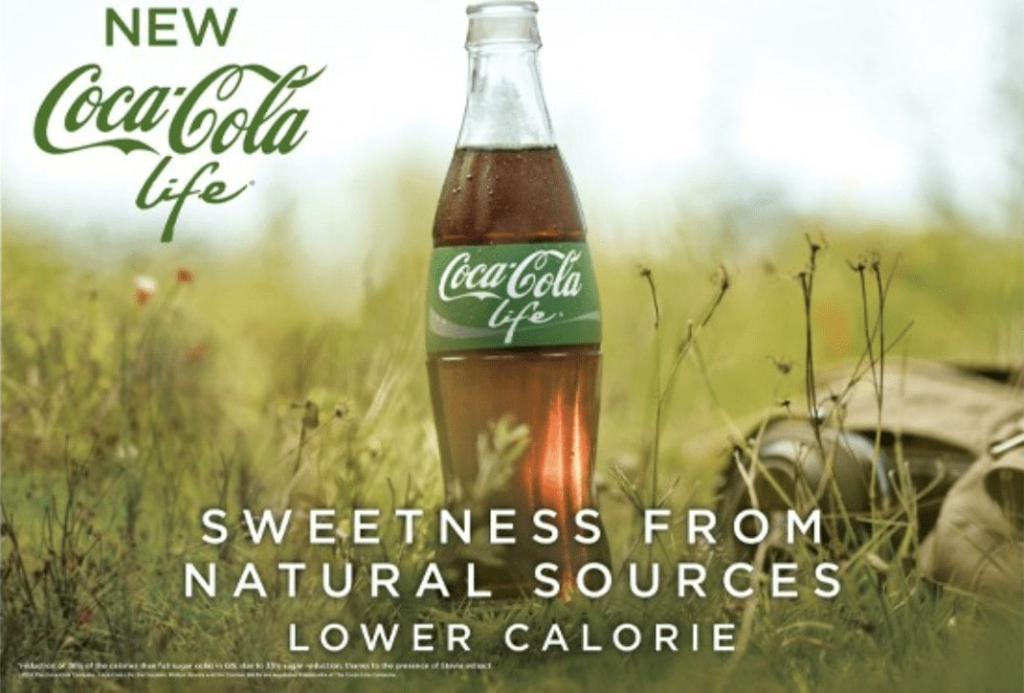Written by Daniel Rosenkranz
With the drastic effects of climate change looming in the future, sustainability is on the forefront of everyone’s minds. Consumers are putting pressure on business and corporations to transition to sustainable practices. This can lead to positive change, but can also lead to negative habits. When a business falsely advertises themselves as environmentally friendly or as actively participating in reducing environmental harm, it’s known as greenwashing. Greenwashing appears to be an effective strategy for businesses to better their likeness and increase demand for their products and services. Companies believe they can eliminate the cost of investing in sustainability, but still reap the benefits of having an ‘environmentally friendly’ image. Furthermore, when consumers see that a company supposedly acts in a sustainable manner, they are more likely to engage. This seems like an effective strategy to some; however, recent trials and research have indicated that actually integrating sustainable practices, instead of pretending to, into business models caused several significant increases in companies profitability, return on assets, and on sales.

Before diving into the data, it is important to clarify what “sustainable practices” are. Companies can practice sustainability by using renewable energy, reducing carbon and greenhouse gas emissions, conserving water and electricity, and by incorporating recycling programs. All of the above have a proven, positive effect on the well being of the environment.
These benefits have a positive impact on society, known in economic terms as Marginal Social Benefit (MSB). Marginal Social Benefits are when a company takes actions that have a net benefit on society as a whole. For example, if a business bans smoking in their building, this action wouldn’t increase their private profits, but it would increase net economic profits. Although this concept applies to sustainable practices, oftentimes companies will avoid it due to slight inconvenience or perceived costs. It formulates a stronger claim against greenwashing that sustainability helps your business, as well as society, than the previous belief of sustainable practices only helping greater society and the future.
A team of researchers at the University of Santa Maria in Brazil conducted a study on the impact of sustainable practices on business performance. When the team first explored the topic, they discovered that there was not much quantitative evidence that showed a relation between sustainability and business metrics, so they decided to formulate a model. The researchers chose to analyze businesses in the industrial sector of the economy, since such companies tend to have the greatest environmental impacts. The study consisted of a questionnaire that was edited and reviewed by experts in the field, and then sent to 256 Brazilian companies, classified by size, lifetime, sector, and revenue. The researchers informed these companies about the methodology and purpose, but promised anonymity and encouraged them to respond truthfully.


After the questionnaire was sent out, and the data was collected, the team decided the best way to interpret the results would be through mapping it out. The model broke down the sustainable practices into five categories, and used the Spearman’s coefficient, a measure of strength and direction of association between ranked variables, to relate them with four metrics of business performance: profitability, return on sales, cash flow, and return on assets.
Each of these metrics plays a key role in the success of a company. Profitability is simply how much more revenue a business brings in than the costs they exert. Return on sales is how efficiently a company turns its sales into revenue. Cash flow is the amount of money entering and exiting a business, and is essential for meeting financial obligations and planning ahead. Lastly, return on assets is an equation with profits over total investments. Successful companies see a rise in ROA over time as the investment dollars are correlated with higher profits.
Surprisingly, there was statistically significant feedback in several of the practices. To illustrate, reducing CO2 emissions relates to a strong return on assets and sales. When a company integrates into the local community to generate social and environmental benefits, it has a relation to a company’s overall profitability, return on sales, and cash flow. Finally, when production systems and supply chains are up to date with modern sustainability standards, the business sees an increase in all of the metrics. Although this is only a singular model in one country, it is an encouraging start. The team was able to conduct an effective study and thoroughly analyze the data to form conclusions. The hypothesis was proven that there is a relation between sustainable innovation practices and the performance of industrial companies (data from Kneipp, 2019).
The idea of greenwashing is based solely on the fact that business performance will be improved with false advertising. Nullifying this notion will have a significant impact on the environment and the economy. One study and one article are not enough, but more publicity and attention will deter a momentum shift in the direction of cleaner practices. When cleaner practices are widely instilled, greenwashing will fade, companies will gain and society as a whole will benefit.
References
Corporate Finance Institute. “Marginal Social Benefit.” Corporate Finance Institute, 26 Mar. 2021, corporatefinanceinstitute.com/resources/knowledge/other/marginal-social-benefit.
Kneipp, Jordana Marques, et al. “Sustainable Innovation Practices and Their Relationship with the Performance of Industrial Companies | Emerald Insight.” Emerald.Com, 16 Apr. 2019, www.emerald.com/insight/content/doi/10.1108/REGE-01-2018-0005/full/html.
Milman, Oliver. “Three Americans Create Enough Carbon Emissions to Kill One Person, Study Finds.” The Guardian, 25 Aug. 2021, www.theguardian.com/environment/2021/jul/29/carbon-emissions-americans-social-cost.
River, Beau. “The Increasing Dangers Of Corporate Greenwashing In The Era Of Sustainability.” Forbes, 10 Dec. 2021, www.forbes.com/sites/beauriver/2021/04/29/the-increasing-dangers-of-corporate-greenwashing-in-the-era-of-sustainability/?sh=c296d024a325.

